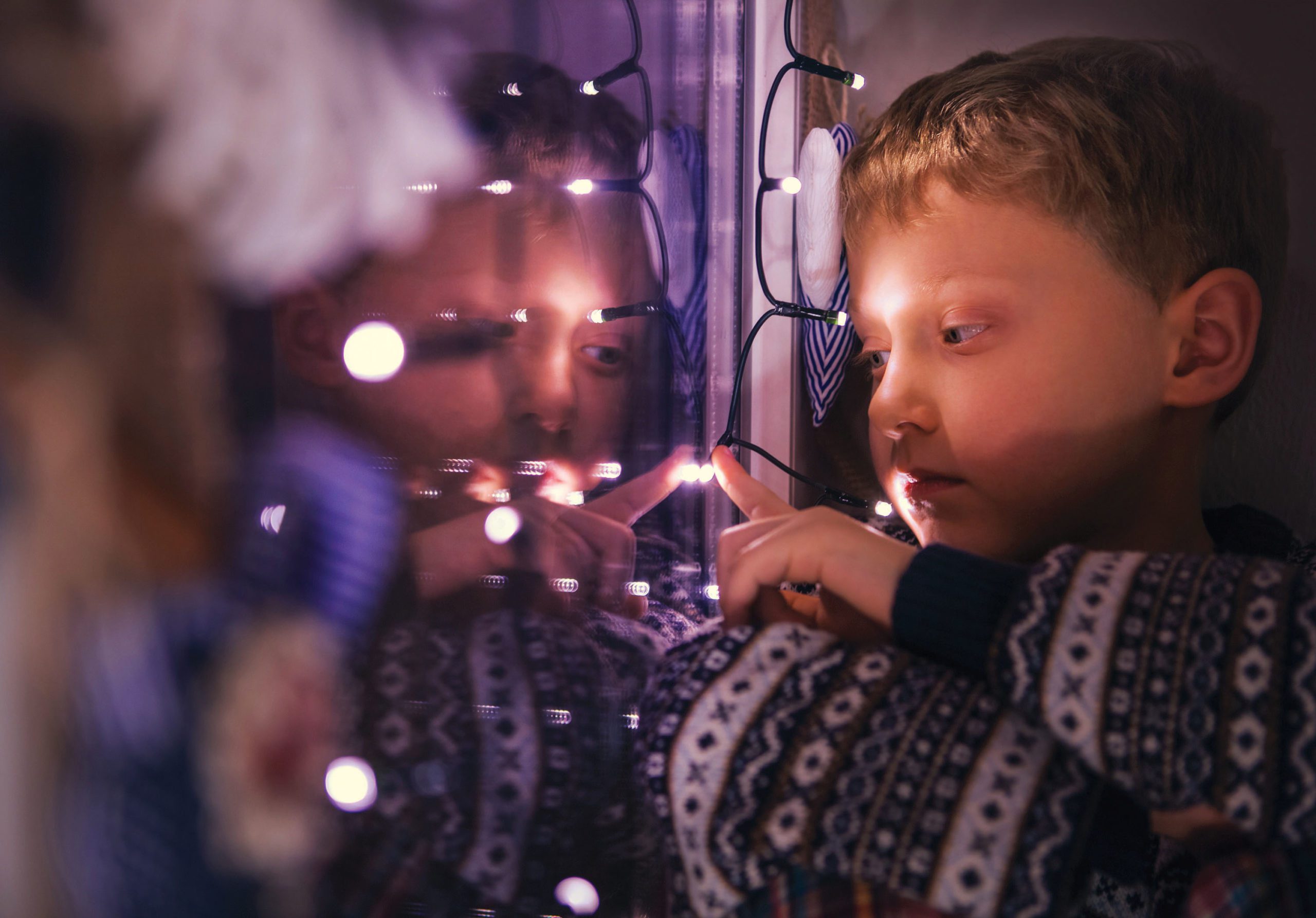By Tana Villanueva, VITAS® Healthcare
VITAS® Healthcare has more than 40 years of experience in handling grief—extensive knowledge that allows us to recognize and help those who are experiencing a difficult bereavement. But even hospice professionals understand that the holidays are particularly difficult for those who have lost a loved one.
We know that children process grief differently than adults. Children who are grieving during the holidays need a unique kind of care.
Expressing grief
Children are capable of accepting death and expressing grief. A child’s grief, however, may be intermittent and extend over longer periods than adult grief. Children also approach and process grief differently than adults. Keep these suggestions in mind to help a child you love work through grief:
- Allow children to express grief in their own way and in their own time.
- Do not pressure children to resume their normal activities if they are not ready.
- Children’s feelings may emerge through behavior and play, or by not talking or engaging in discussions simply because they are not able to verbalize what they are feeling. For example, children may laugh or play at a time that feels inappropriate to an adult.
- Children’s normal reactions to death might materialize as “grief bursts” that are followed by play and normal activities.
Intense in the first year
Holidays and special anniversaries can be very difficult for children, especially in the first year after someone close to them has died. Holidays can be a yin-yang reminder of both the loss and pleasant memories of a loved one who is no longer here.
Children often find themselves reliving very intensely the last days of their loved one’s life, particularly as the first anniversary of the person’s death approaches. They might need extra reassurance and support. Adults can help by sharing their own feelings about the anniversary and special memories of the person who died.
Plan ahead
Often, the anticipation of a holiday is worse than the holiday itself. Sometimes, watching other children enjoy holidays deepens the void that a grieving child feels. An adult who can plan in advance can make a holiday more tolerable.
Let a bereaved child know that they might experience some painful feelings during the holidays, and that you are available to listen and help. Keep the lines of communication open. Hugging and touching help the grieving child feel secure in expressing emotions.
New traditions
Consider altering long-time holiday rituals and expectations or creating new ones. Traditions can be comforting, but they can also underscore the loss of someone who seemed integral to the event: Grandpa always cut the turkey, Mom always lit the candles.
Mother’s Day or Father’s Day can be particularly difficult for a child who has lost a parent. A child may decide to take a “substitute mother” to a Mother’s Day banquet or another male family member to a father-daughter dance.
Some children choose to celebrate the holidays or the birthday of their parent by baking a cake, lighting candles, and making a gift. If they feel the need to commemorate a deceased loved one:
- Offer to take them on a visit to the cemetery or a special place that brings back positive memories of their parent.
- Commemorate other special days by giving gifts, sharing memories and developing special rituals.
VITAS Healthcare’s professional grief and bereavement services are available to the community at no cost. For more information about hospice and end-of-life care services, including grief care, call VITAS at 309-691-2381 or visit VITAS.com.










